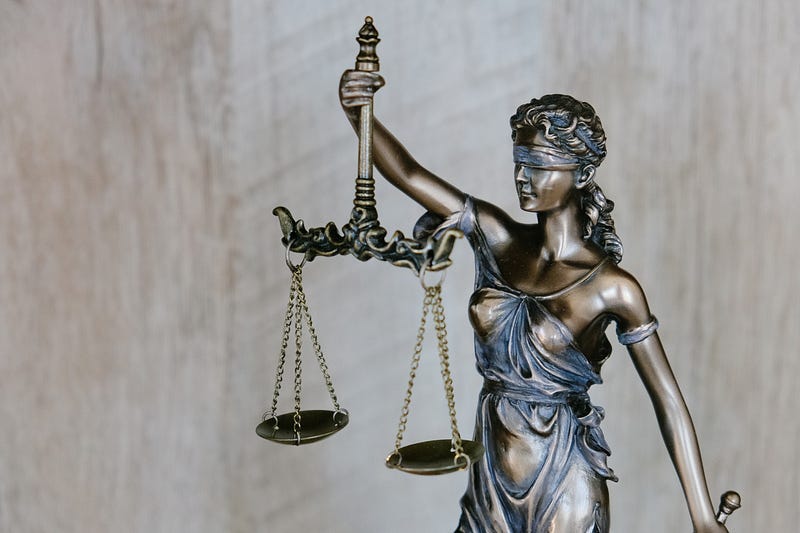Are Criminals Real?
Are people who commit crimes criminals? Does it matter what we call them?

Are people who commit crimes criminals? Labels or categories have the power to influence how we understand and how we treat one another. Labels matter.
In the past decades, social critics have raised society’s consciousness regarding the power of labels. Among the first issues targeted were gendered words (for example, police officer v.s. policeman). Similarly, categories are not neutral; they carry assumptions. For example, adulthood grants people of certain ages rights and responsibilities. Efforts to problematize categories stem from the realization that specific categories imply constructs of normality. Therefore, someone different is abnormal.
There are two possible dangers of assigning people to certain categories. First, it can reduce a person to a single dimension. Second, ascribing people to specific categories suggests people in that category are all the same. REACH is an organization that advocates for people with disabilities. They urge people to “avoid labeling” groups of people as “handicapped, the disabled, the deaf, the retarded, the learning disabled.” Instead, they suggest “a person who has multiple sclerosis, people with disabilities”, and so on. Other organizations and professionals have made similar recommendations.
These critics want to recognize people’s humanity and that there may be as much diversity within one of these groups as in any other human grouping. Nevertheless, there still may be merit in the use of categories and labels. Generalizations may be necessary to function efficiently.
What does this all have to do with criminals?
Current scientific research suggests that a person who commits crimes may suffer from some sort of disease or physiological predisposition. While the word “criminal” means a person who has committed a crime, it carries a constellation of assumptions. Is it possible that by calling people who commit crimes, criminals, we are reducing them to a single or a series of acts?
We do not mean to exculpate those who have committed crimes, or reduce the severity of their actions.
We simply question the effect, if any, of calling them criminals. Does it change how we prosecute them? Does it make prison systems more punitive rather than restorative? Does it eliminate the possibility of redemption?
Does this label matter? Are people who commit crimes rightly called criminals?
What do you think? Let us know in the comments.
The authors plan to explore these questions further in future posts.
Originally published on Medium




